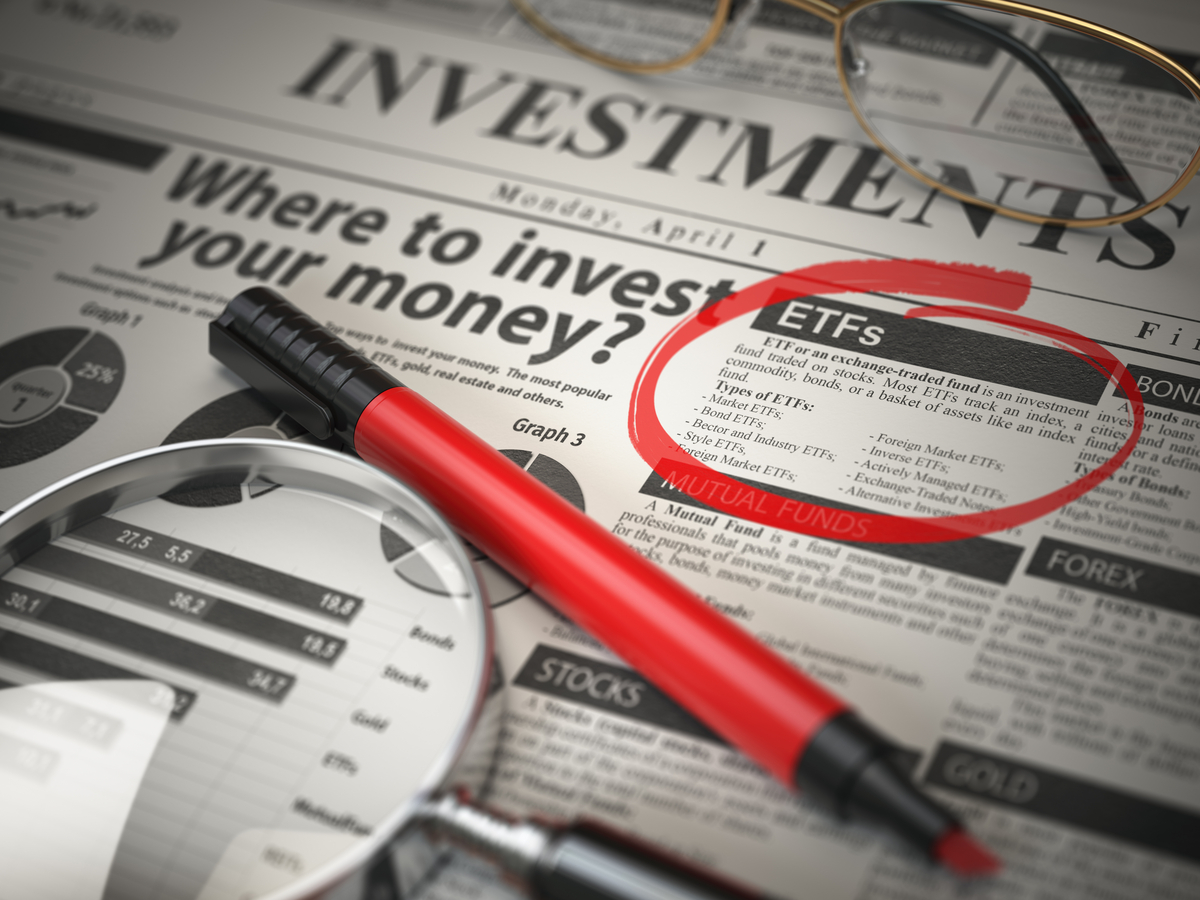
Cryptocurrency
The Motley Fool
Warren Buffett Says to Buy This Kind of ETF. One Could Turn $1,000 Per Month Into $252,000 in 10 Years.
Why This Matters
From an analytical standpoint, Warren Buffett is viewed as one of the greatest investors ever. That's because his expertise at capital allocation while running Berkshire Hathaway has resulted in a...
July 22, 2025
01:28 PM
5 min read
AI Enhanced
Positive
FinancialBooklet Analysis
AI-powered insights based on this specific article
Key Insights
- Earnings performance can signal broader sector health and future investment opportunities
- Financial sector news can impact lending conditions and capital availability for businesses
- Consumer sector trends provide insights into economic health and discretionary spending patterns
Questions to Consider
- Could this earnings performance indicate broader sector trends or company-specific factors?
- Could this financial sector news affect lending conditions and capital availability?
- What does this consumer sector news reveal about economic health and spending patterns?
Stay Ahead of the Market
Get weekly insights into market shifts, investment opportunities, and financial analysis delivered to your inbox.
No spam, unsubscribe anytime